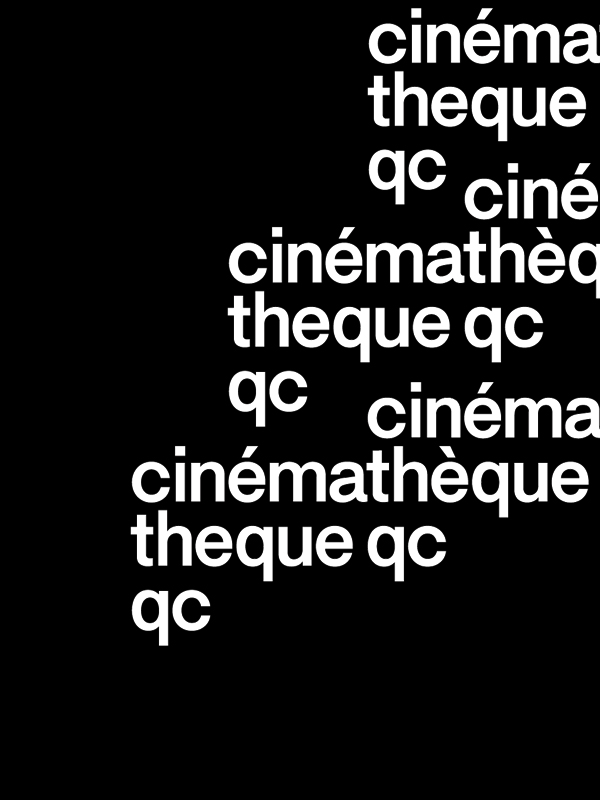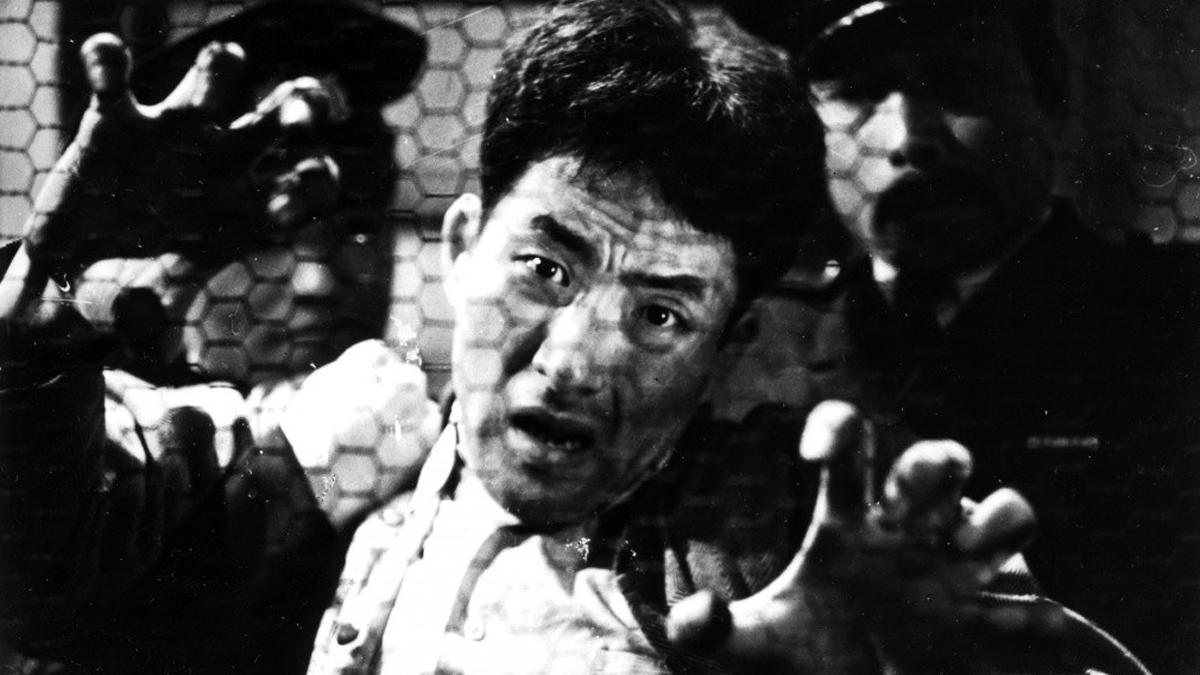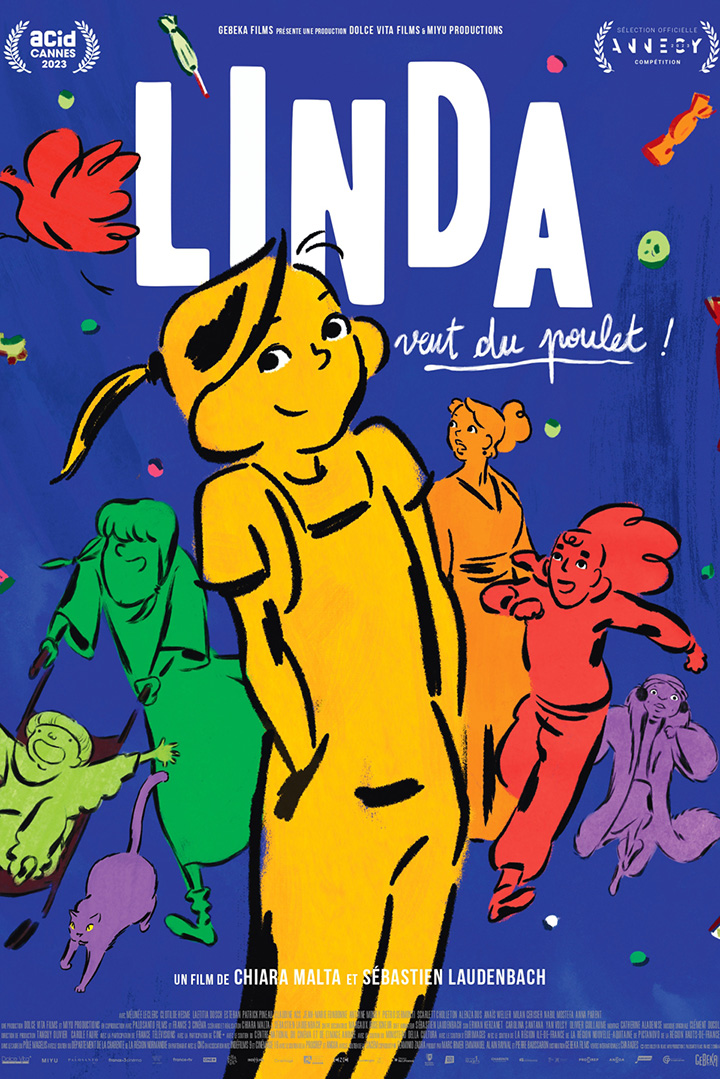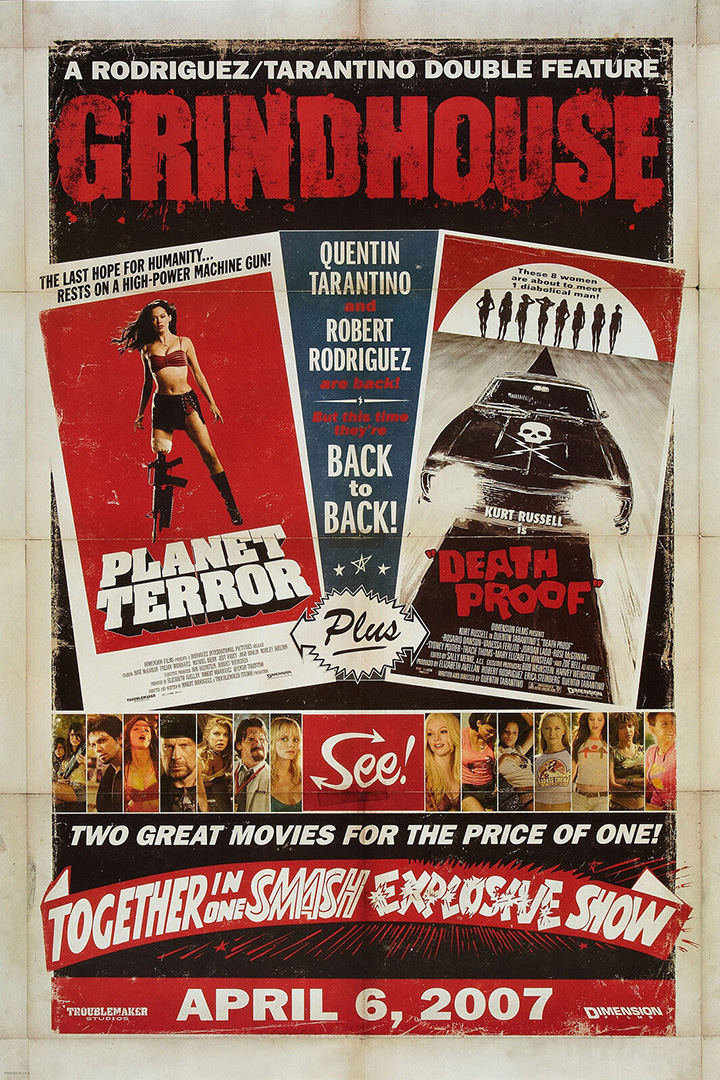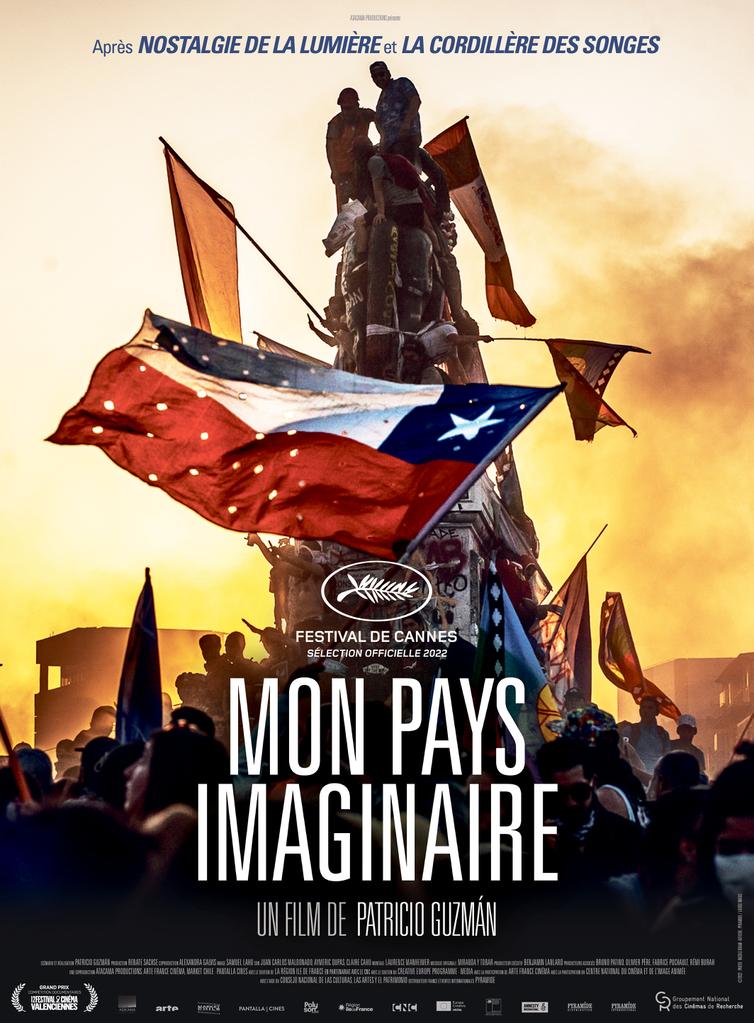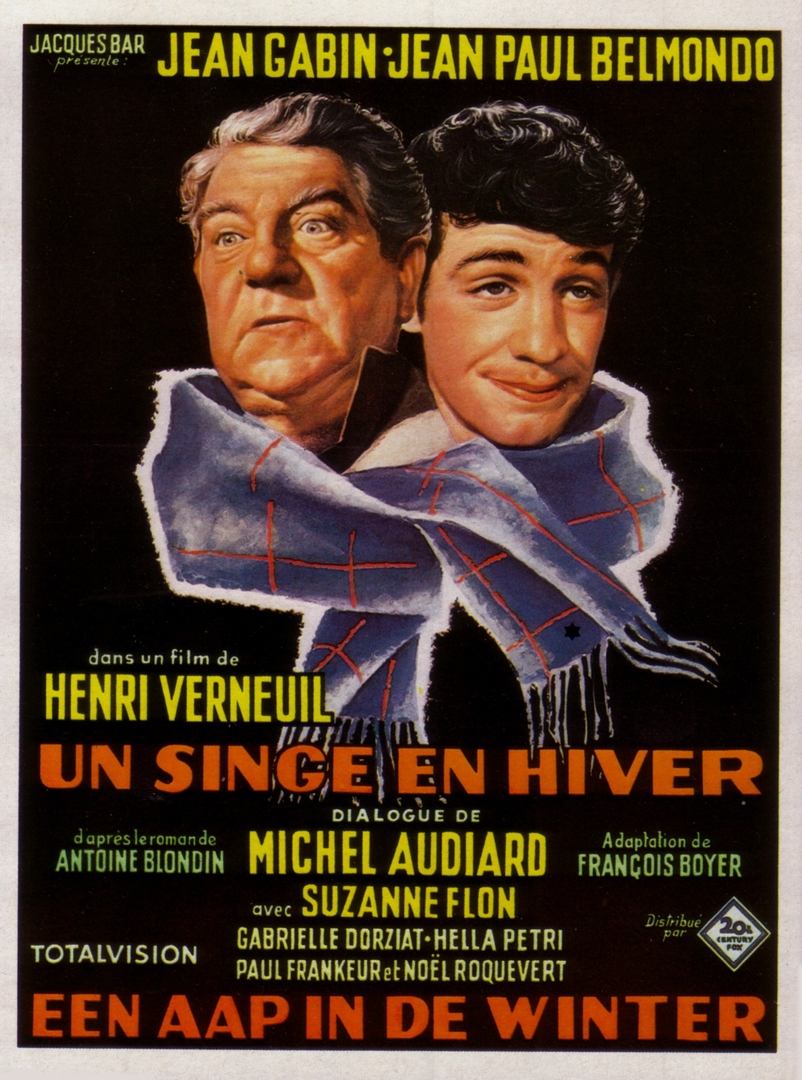Darkness at Noon
This recurring cycle is an occasion to explore one of the most fascinating and prolific national cinematography, by showing majors, rare or unjustly movies ignored of the Japanese heritage, as well as outstanding films of the contemporary period.
January 1951. In a fishing village, an old couple is murdered and robbed. Arrested and violently interrogated, a young man, Kōjima, finally confesses his guilt. He also denounces alleged accomplices. One of them, Uemura, is in turn convinced of murder. Despite the plea of a courageous lawyer, Uemura is sentenced to death while Kōjima receives a life sentence. All three appeal...
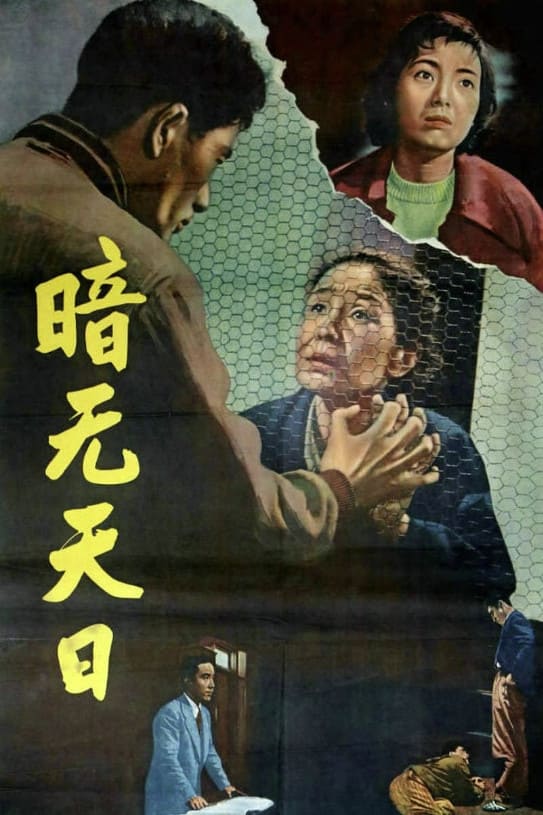
Tadashi Imai
Tadashi Imai studied at the University of Tokyo. He directed his first film in 1937 The Military School of Numazu. It is with The Blue Mountain in 1949 that he began to be noticed. The following year, When we meet again..., a romantic story inspired by Romain Rolland in which Eiji Okada's talent is revealed, imposes his personality. Now independent, he directed We are alive in 1951, which many European critics compared to Vittorio De Sica's Bicycle Thief. Shadows in broad daylight is, without doubt, one of his most famous films: dealing with a court case that made headlines in Japan, Imai defended the individuals accused without sufficient evidence. In 1963, Tadashi Imai won the Golden Bear at the Berlin Film Festival for his historical film on Japanese feudal society, Cruel Tales of Bushido.
